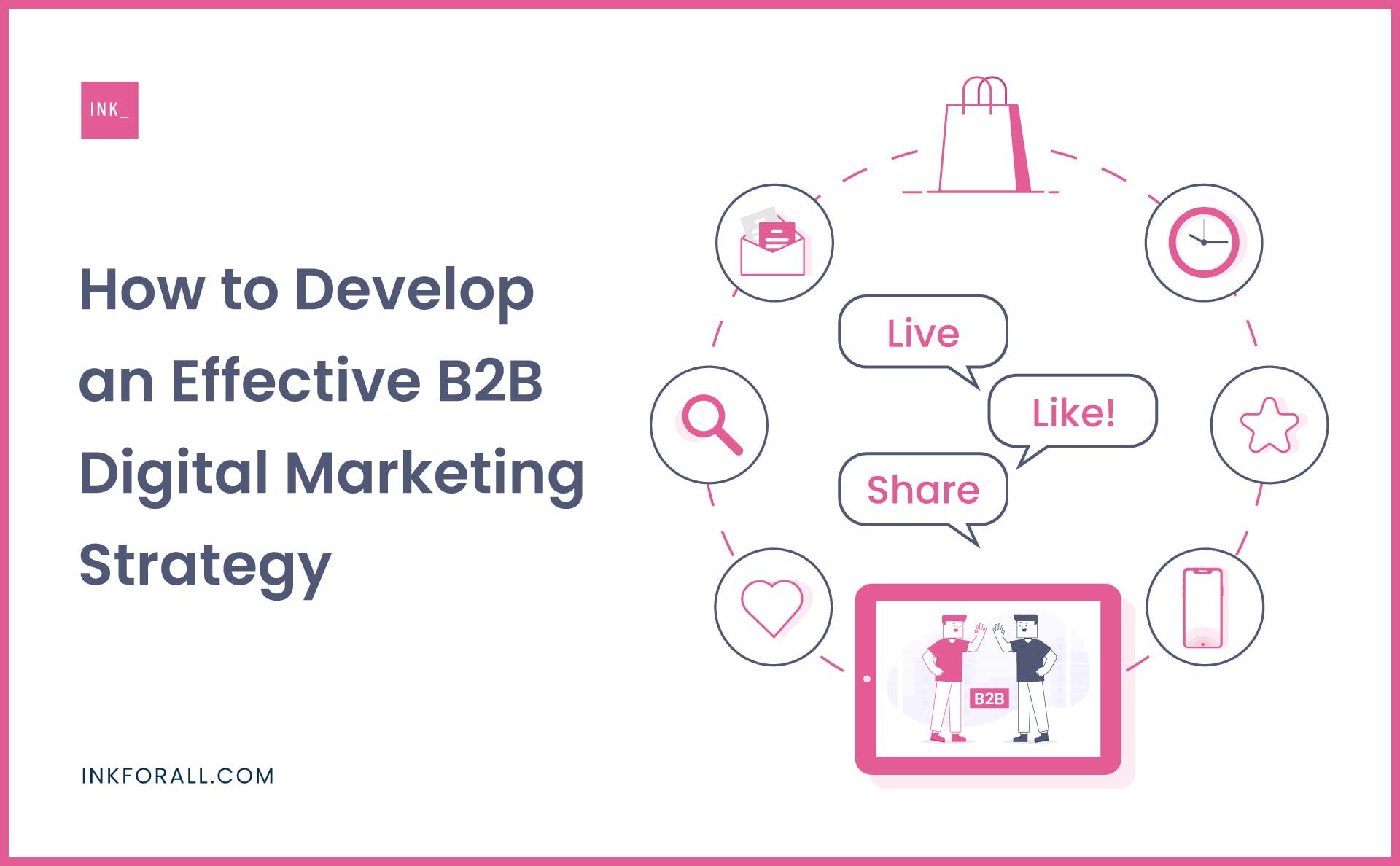
In the journey of personal and professional growth, having a mentor by your side can be a game-changer. A mentor brings guidance, support, and invaluable wisdom to help navigate through the challenges and seize opportunities towards achieving success. But using a mentor effectively is an art that requires some understanding and proactive effort. In this article, we will delve into the key insights and practical strategies on how to effectively utilize a mentor, investing in this powerful relationship to unlock your potential. Whether you’re a student, a budding entrepreneur, or a seasoned professional, this comprehensive guide will equip you with the knowledge and tools to make the most out of your mentorship experience, ultimately propelling your personal and professional growth to new heights.
Benefits of Having a Mentor in Your Life
When it comes to personal and professional growth, having a mentor in your life can make a world of difference. A mentor is someone who has walked the path you are currently on and can provide invaluable guidance, support, and advice. Here are some of the benefits you can expect when you have a mentor:
1. Accelerated Learning:
With a mentor, you have someone who has already faced challenges and overcome obstacles. They can share their experiences, knowledge, and insights, helping you avoid making the same mistakes and saving you time in your journey. By tapping into their wisdom, you can accelerate your learning and progress faster towards your goals.
2. Expanded Network:
Having a mentor opens doors to new connections and opportunities. Mentors often have extensive networks of professionals in various industries and can introduce you to influential people who can help advance your career or business. By leveraging your mentor’s network, you can gain access to valuable resources, partnerships, and collaborations that can propel you forward.
3. Enhanced Self-Confidence:
Mentors provide guidance and feedback that can boost your self-confidence. They can help you identify your strengths, build on them, and address areas for improvement. By having someone in your corner who believes in your abilities, you will feel more empowered to take on challenges, explore new opportunities, and step outside of your comfort zone.
4. Personalized Support:
A mentor offers personalized support tailored to your specific needs and goals. They can provide one-on-one guidance, answer your questions, and provide advice catered to your unique circumstances. Whether you need help with career decisions, skill development, or personal growth, a mentor can provide the support and guidance you need to succeed.
5. Accountability and Motivation:
One of the greatest benefits of having a mentor is the built-in accountability and motivation they provide. A mentor keeps you on track, helping you set goals, develop action plans, and hold yourself accountable for your progress. They also serve as a source of motivation, inspiring you to push through challenges, stay focused, and keep striving for success.
Conclusion:
Having a mentor in your life can be a game-changer. From accelerated learning and expanded networks to enhanced self-confidence and personalized support, the benefits are numerous. If you want to make the most out of your mentoring relationship, be proactive in seeking guidance and be open to learning from your mentor’s wisdom and experience.

Finding the Right Mentor for Your Goals and Objectives
Having a mentor can be invaluable when it comes to achieving your goals and objectives. A mentor is someone who can offer guidance, support, and advice based on their own experiences and knowledge. However, finding the right mentor for your specific needs can sometimes be a challenge. Here are some steps you can take to ensure you find the perfect mentor to help you on your journey:
1. Define Your Goals: Before you start looking for a mentor, it’s important to have a clear understanding of what you want to achieve. Take the time to evaluate your goals and objectives, and determine what areas you need assistance with. This will help you identify the specific qualities and expertise you’re looking for in a mentor.
2. Look for Expertise: Once you know what you’re looking for, start searching for mentors who have expertise in the areas you need assistance with. Whether it’s a specific industry, skill set, or personal development, finding a mentor with relevant expertise can greatly enhance your learning experience. Look for mentors who have achieved success in areas similar to your goals.
3. Seek Compatibility: When it comes to mentorship, compatibility is key. Look for mentors who share your values, interests, and work ethic. Building a strong and meaningful connection with your mentor will make it easier to communicate and collaborate effectively, increasing the likelihood of achieving your goals. Consider reaching out to potential mentors for an initial meeting to determine if you click on a personal level.
4. Establish Expectations: Before entering into a mentorship relationship, it’s important to establish clear expectations and boundaries. Determine the frequency and format of your meetings, as well as the goals and objectives you want to accomplish together. Having an agreed-upon plan will help ensure that both you and your mentor are on the same page and working towards the same goals.
| Mentor Criteria | My Requirements |
|---|---|
| Industry expertise | At least 10 years of experience in my desired field |
| Good communication skills | Ability to provide clear and concise advice |
| Availability | Able to commit to regular meetings |
| Past mentorship experience | Proven track record of successfully mentoring others |
5. Be Open and Willing to Learn: Finally, remember that mentorship is a two-way street. While your mentor will provide guidance and support, it’s crucial to be open and willing to learn. Be receptive to feedback and constructive criticism, and actively apply the knowledge and advice you receive. Show your mentor that you value their time and expertise by consistently working towards your goals and being proactive in your personal and professional growth.

Establishing a Productive Mentor-Mentee Relationship
Identifying the Right Mentor
When looking for a mentor, it is crucial to find someone who not only has expertise in your field but also shares similar values and goals. Take the time to research potential mentors and see if their background aligns with your aspirations. It is also essential to consider the mentor’s availability and willingness to invest time in your development.
Setting Clear Expectations
A successful mentor-mentee relationship requires clear communication and understanding of expectations. Before starting the mentorship, have an open discussion about your goals, what you hope to gain, and the level of commitment expected from both parties. Clarify how often you will meet, the preferred mode of communication, and any specific areas you want to focus on.
Building Trust and Rapport
Trust is the foundation of any fruitful mentorship. To build trust, be open and honest with your mentor about your strengths, weaknesses, and challenges. Actively listen to their advice and guidance, and show your appreciation for their insights. Regularly check in with your mentor to update them on your progress and seek feedback to strengthen your bond.
Nurturing a Proactive Mentee Mindset
A productive mentor-mentee relationship requires an active and engaged mentee. Take initiative and show your mentor that you are committed to your growth. Come prepared for each meeting with an agenda, questions, and progress updates. Act on the advice you receive and demonstrate a willingness to learn and improve. By showing your initiative, you will make the most out of your mentorship.
Evaluating and Adjusting
Regularly assess your mentorship progress to ensure it remains relevant and effective. Reflect on whether your goals have changed and if your mentor’s guidance is still aligning with your needs. If necessary, openly communicate with your mentor about any required adjustments. Remember, the mentor-mentee relationship is an evolving one, and periodic evaluations will help keep it on track for long-term success.

Maximizing the Learning Experience with a Mentor
Using a mentor can greatly enhance your learning experience and help you achieve your goals faster than going at it alone. Mentors provide guidance, support, and a wealth of knowledge that can help you navigate your chosen field. To make the most of your mentorship, here are some tips on how to best utilize your mentor:
Clearly define your goals: Before starting your mentorship, take some time to reflect on what you hope to achieve. Are you looking to gain specific skills, expand your network, or advance in your career? Clear goals will help you and your mentor focus your efforts and ensure you’re both on the same page.
Establish open communication: A strong mentorship requires open and honest communication. Create a safe space where you can freely discuss your challenges, questions, and ideas. Schedule regular check-ins and be proactive in reaching out when you need guidance or feedback. Remember, your mentor is there to help you, so don’t hesitate to ask for assistance.
Set an action plan: Work with your mentor to develop a structured action plan that outlines the steps you need to take to achieve your goals. Break down your larger objectives into smaller, manageable tasks. Your mentor can offer valuable insights and advice on the best strategies to tackle each step. Review and update your action plan regularly to stay on track.
Be open to feedback: One of the greatest benefits of having a mentor is receiving constructive feedback. Embrace this feedback with an open mind and be willing to make adjustments and improvements. Your mentor’s experience and insights can help you see blind spots and areas where you can grow. Remember, feedback is a valuable tool for personal and professional development.
Show gratitude and reciprocate: Mentorship is a two-way street, and it’s important to show gratitude for your mentor’s time and support. Express your appreciation for their guidance and how it has positively impacted your learning journey. Additionally, look for opportunities to reciprocate by sharing your own knowledge and experiences. Mentoring can be a rewarding and fulfilling experience for both parties involved.
In conclusion, requires clear goals, open communication, structured planning, a willingness to receive feedback, and appreciation for the mentor’s guidance. By following these tips, you can build a strong mentorship relationship that will help propel you towards success in your chosen field. Remember, a mentor is there to guide and support you, but the real work lies in your dedication and commitment to your own growth.
Effective Strategies for Utilizing Mentorship to Achieve Success
Mentorship can be a powerful tool for achieving success in both professional and personal endeavors. Whether you’re just starting out in your career or looking to make a significant change, having a mentor can provide invaluable guidance, support, and inspiration. In this article, we will explore effective strategies for utilizing mentorship to help you achieve your goals and reach new heights.
1. Set Clear Goals
Before seeking out a mentor, it’s important to have a clear understanding of what you hope to achieve. Take some time to reflect on your long-term and short-term goals, and how a mentor can help you in reaching them. By having a well-defined vision, you can align yourself with a mentor who has the expertise and experience to guide you in the right direction.
2. Find the Right Mentor
When selecting a mentor, it’s crucial to find someone who aligns with your goals, values, and aspirations. Look for someone who has relevant experience and has achieved success in the areas you are interested in. In addition, consider their communication style and willingness to invest time and effort into your development. Remember, a mentor is someone you will be working closely with, so it’s essential to establish a strong connection and sense of trust.
3. Establish Expectations
Once you’ve found a potential mentor, it’s important to establish clear expectations from the beginning. Discuss the frequency and format of your meetings, whether in person or virtual, as well as any specific areas or skills you wish to focus on. This will help both parties stay aligned and ensure that your mentoring relationship is productive and beneficial.
4. Be Open and Receptive
One of the most important aspects of mentorship is being open and receptive to feedback and guidance. Be prepared to listen actively, ask questions, and take constructive criticism. Remember, your mentor has likely traveled a similar path and can offer valuable insights and advice. Stay open-minded and willing to learn, even when faced with challenges or setbacks.
5. Take Action and Reflect
Mentorship is a two-way street, and it’s important to actively participate in your own growth and development. Take the advice and suggestions from your mentor and put them into action. Set goals, track your progress, and regularly reflect on what you have learned and accomplished. By taking ownership of your own journey and implementing the guidance provided by your mentor, you can maximize the benefits of the mentorship experience and achieve your desired success.
Q&A
Q: What is a mentor and why is it important to have one?
A: A mentor is a trusted advisor who offers guidance, support, and shares valuable knowledge and experience in a specific field. Having a mentor is important as they can provide valuable insights, help navigate challenges, and offer career advice that can enhance personal and professional growth.
Q: How do I find the right mentor for me?
A: Finding the right mentor requires careful consideration of your goals and interests. Start by identifying professionals in your desired field who inspire you. Networking events, professional organizations, or online platforms can help connect you with potential mentors. It’s crucial to choose someone whose expertise aligns with your aspirations and values.
Q: How can I establish a mentor-mentee relationship?
A: Once you’ve identified a potential mentor, reach out with a clear intention and thoughtful message. Explain your goals and reasons for seeking their guidance. If they agree to become your mentor, set up regular meetings or check-ins to establish a consistent relationship. Respect their time and be prepared with specific questions or challenges you’d like to discuss.
Q: What should I expect from a mentoring relationship?
A: A mentoring relationship should be a two-way street, with both parties actively contributing. Your mentor can provide guidance, share knowledge, and offer constructive feedback on your progress. They may also encourage you to set goals, develop skills, and expand your professional network. Remember to show gratitude and respect for their time and expertise.
Q: How can I maximize the benefits of having a mentor?
A: To maximize the benefits of a mentorship, it’s essential to utilize the guidance and advice received. Actively listen and implement the suggestions given, demonstrating your commitment to growth. Take initiative to seek feedback and areas for improvement. Also, maintain regular communication to ensure the relationship remains strong and productive.
Q: Can a mentor help me advance my career?
A: Yes, a mentor can be a valuable asset in advancing your career. They can offer insights into industry trends, introduce you to relevant contacts, and provide guidance on professional development opportunities. By leveraging their experience and knowledge, you can gain a competitive edge and accelerate your career growth.
Q: How long should a mentoring relationship last?
A: The duration of a mentoring relationship can vary depending on the needs and goals of both parties. Some mentorships last for a few months, while others may continue for several years. It is vital to communicate openly with your mentor and regularly reassess your needs to ensure the relationship remains beneficial for both parties.
Q: Can I have multiple mentors?
A: Yes, having multiple mentors can offer different perspectives and expertise. It’s not uncommon to seek guidance from mentors with various backgrounds, allowing for a more well-rounded approach to personal and professional growth. However, ensure that you can effectively manage multiple relationships while respecting the time and availability of each mentor.
Q: What if the mentoring relationship isn’t working out?
A: Sometimes a mentoring relationship may not work out as expected due to various factors. If you find yourself in such a situation, it’s important to communicate openly and honestly with your mentor. Express your concerns and discuss whether adjustments can be made. If necessary, mutually agree to end the mentorship gracefully, remembering to express gratitude for their time and efforts.
Q: Can I mentor others while being mentored?
A: Absolutely! Mentoring others while being mentored yourself is a great way to reinforce your knowledge and skills. It allows you to share your experiences and insights, while also gaining fresh perspectives from your mentees. Just ensure that you can manage both roles effectively without compromising the quality of either relationship. In conclusion, utilizing a mentor can greatly enhance your personal and professional development. By establishing a solid mentor-mentee relationship, you can tap into a vast pool of experience, knowledge, and insights that can help you navigate various challenges and achieve desired goals. Remember, finding a mentor who aligns with your aspirations and values is crucial, as their guidance and support can have a lasting impact on your journey towards success. Stay open-minded, proactive, and committed to the mentorship process, as it requires dedication from both parties. Make the most out of your mentor’s expertise by actively seeking their advice, embracing feedback, and regularly reviewing your progress. With a dedicated mentor by your side, you can unlock your full potential, overcome obstacles, and pave the way towards a fulfilling and rewarding future.






